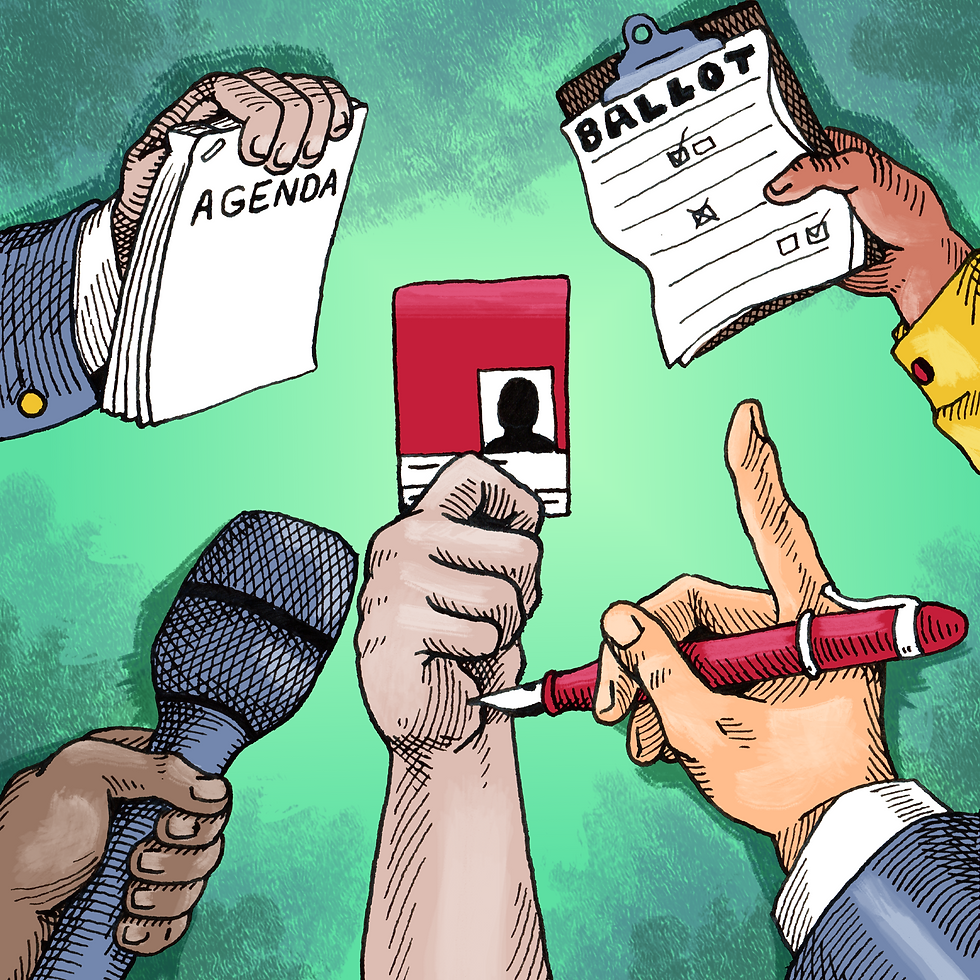Network outage hits Willamette in March 2024, Lewis & Clark in March 2023
- Karmen Zhao, Staff Writer
- Mar 22, 2024
- 3 min read

On Feb. 21, 2024, a university-wide email was sent out to Willamette students and staff, stating, “We are currently experiencing a network outage affecting core services on Salem and Portland campuses. WITS [Willamette Integrated Technology Services] Staff are looking into the issue.” This email was the first of many sent out announcing and updating the community about a network outage that affected Willamette’s internet services, campus phones, applications like WISE, ID card access to buildings and more. The community would later learn from a Feb. 22 email that “suspicious network activity” was detected on Feb. 20.
Following this initial email, over 20 more were sent in the span of 15 days that updated the Willamette community about the incident, providing news about WITS’s progress on fixing the issue, changes in campus safety contacting information, and other resources available in the midst of the network outage. It was recommended that students rely on their personal cellular network or their home Wi-Fi to keep up with their class work through Google Suite, Canvas, Zoom and Adobe Creative Suite.
Student Kevin Milberg (‘27) turned to using offline services to do his school work. Milberg said, “I was bothered by it, but I had saved all of my stuff to a Word document so I could work on my essay. However, since WISE was down, I could not access the instructions [for] that assignment.” Instead of using options that require Wi-Fi such as Google documents, he wrote his essay on a Word desktop application. When saved, all progress is available offline on the application as a file on a laptop, which does not require any internet service or Wi-Fi activity. Milberg also mentioned that professors made accommodations for assignments during the network outage by “[giving] extensions, and one of them sent readings by email.”
Quinn Carbery (‘27), a student and a photographer for Willamette’s athletics department, worked through the Wi-Fi outage photographing baseball, women’s basketball and women’s lacrosse games during the first week of the cyber incident. He stated that the lack of internet “didn’t really interfere too much with the actual photographing part of it, which I’m very thankful for, but where it became very inconvenient is when I was trying to focus on editing and uploading my pictures.” Carbery’s editing software requires Wi-Fi in order to back up the photos, which he explained, “slow[ed] down the process immensely and it ma[de] what would be probably a process of 45 minutes … into a 2 1/2-hour process.”
Though Willamette’s cyber incident lasted nearly two weeks, it was not the only major outage that hit colleges in Oregon. In March of 2023, Lewis & Clark College in Portland had a similar cyber attack that lasted over a month. Business manager of Lewis & Clark’s student newspaper, The Mossy Log, Lauren Evans (‘25), provided a student’s perspective on what occurred, stating, “For a lot of our professors, if they didn’t have their syllabus and schedules backed up to a drive, it was just like they didn’t have any access to it.” Much like at Willamette, readings that were assigned to Lewis & Clark students could not be reached because they required the internet, and library networks were down during the incident.
Despite the length of the outage at Lewis & Clark, Evans recalled that the school sent out “around eight emails about the whole thing.” Communication was vague as not many students knew much of what was going on. Concerns about personal data being stolen was a debated topic at Lewis & Clark. As Evans said, “I think a lot of it [personal data] actually did get leaked. … passport numbers and social security, all sorts of things got out there, which was not great, but no one knew what was going on. … Lewis & Clark provided a service afterwards that scans the web for [data leaks].” After the incident, Lewis & Clark upgraded their cybersecurity by purchasing and setting up a new network for students to sign up for, allowing for more fluid Wi-Fi connection and safer protection of private information.
The management of school work did not stop fully when the cyber incident occurred at Lewis & Clark. To ensure students were able to fulfill their learning, the college “brought in separate routers and hotspots that they’d set up at different points around campus so we still did have internet access,” Evans said.
At Willamette, many systems are back and running, and WITS is continuing to work diligently to re-secure inaccessible portals. Willamette Community and Willamette Guest Wi-Fi networks have been reinstated and classes have begun to shift back to normality.




Will there be any lawsuits against WU as a result, like against Lewis & Clark? https://www.oregonlive.com/crime/2024/04/cybersecurity-breach-at-lewis-clark-college-spurs-class-action-suit-alleging-negligence.html